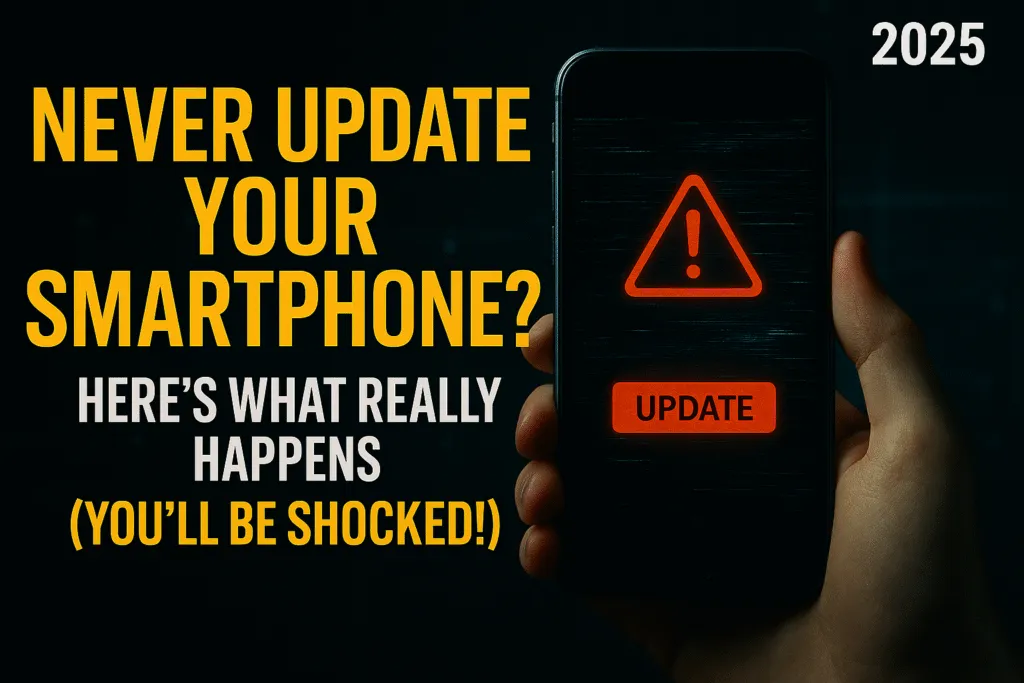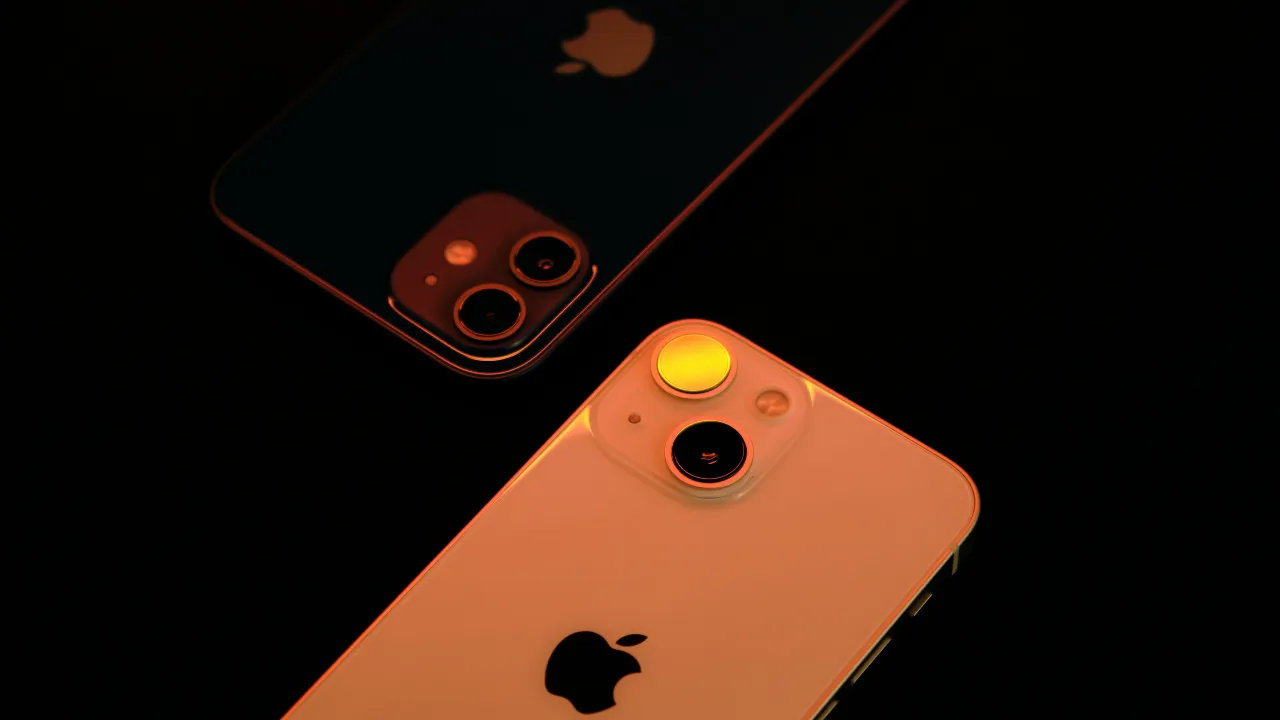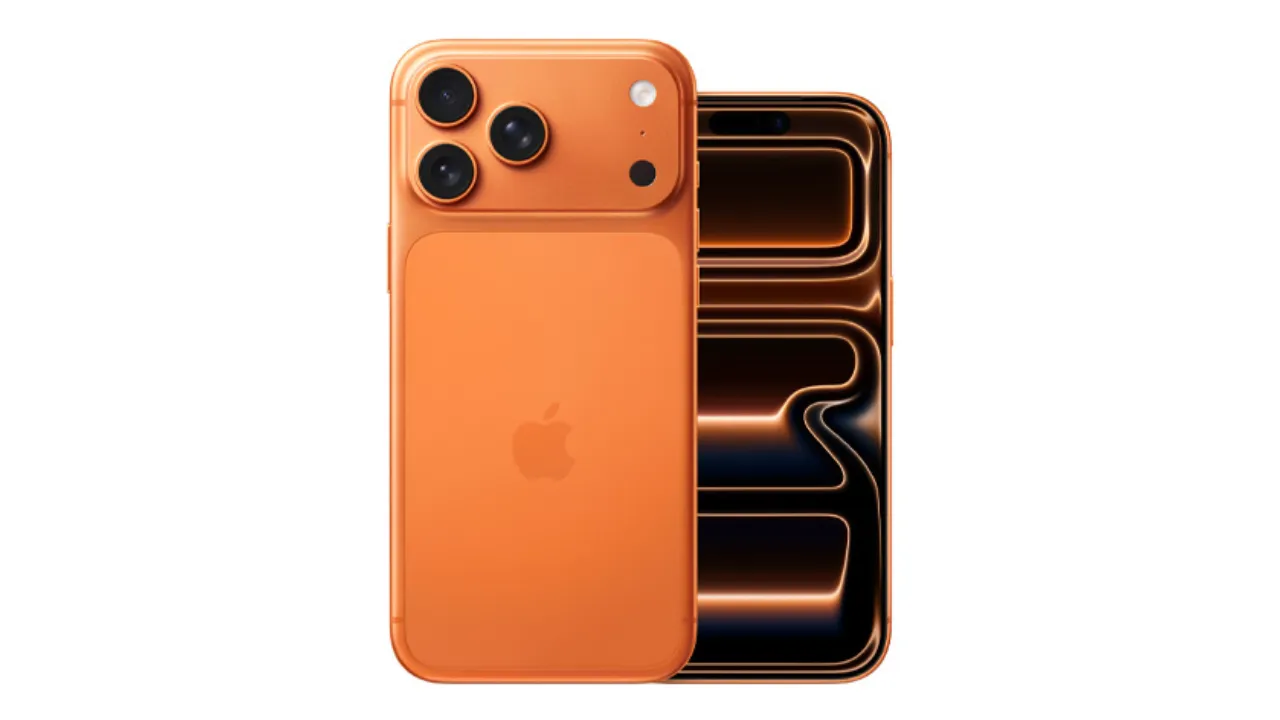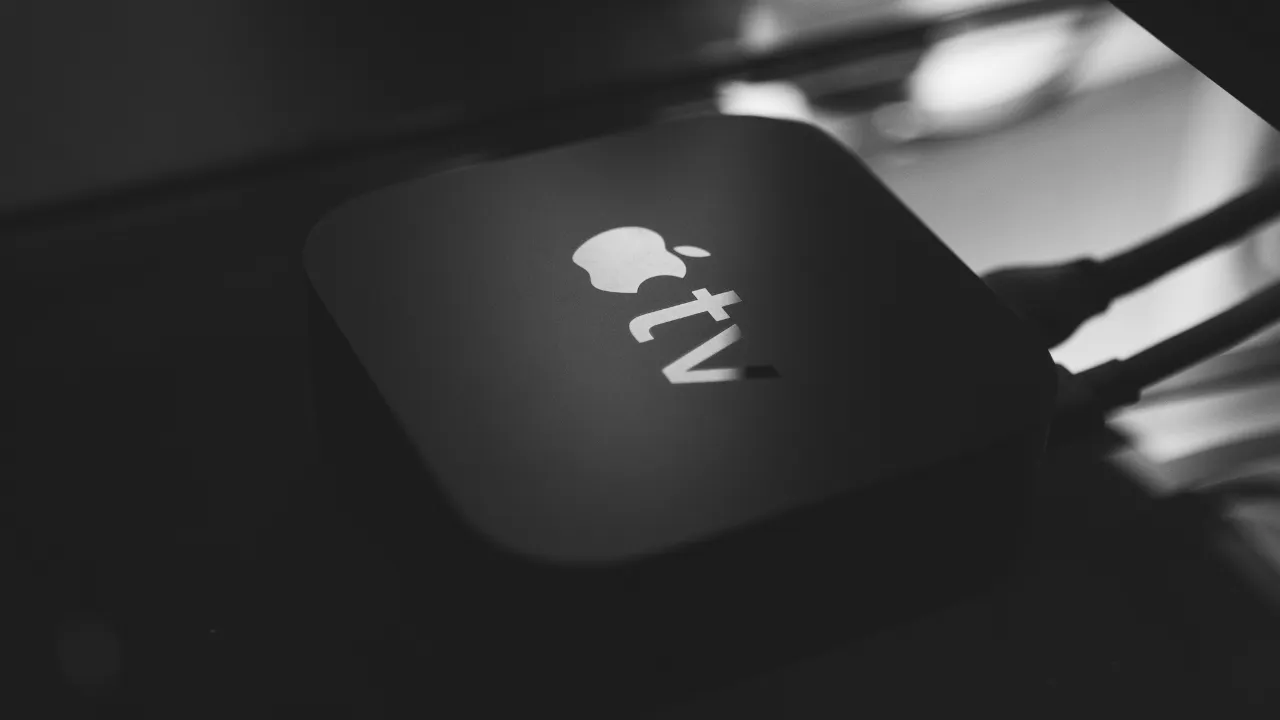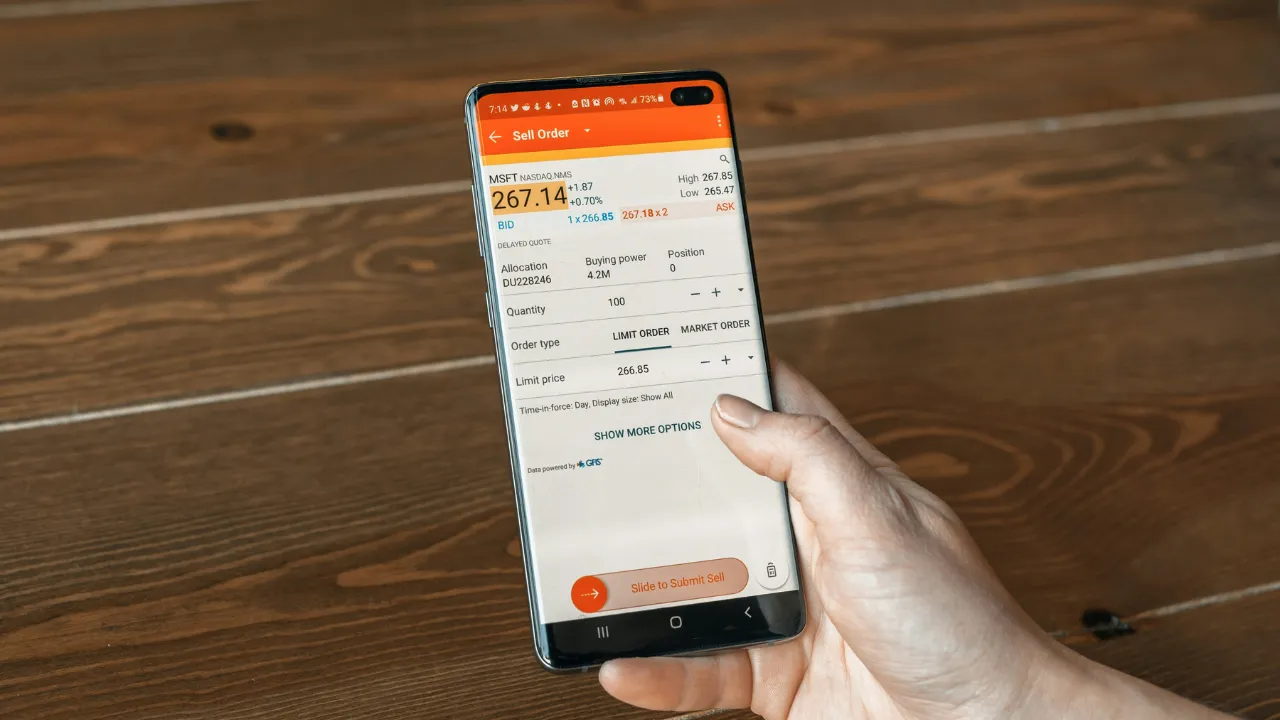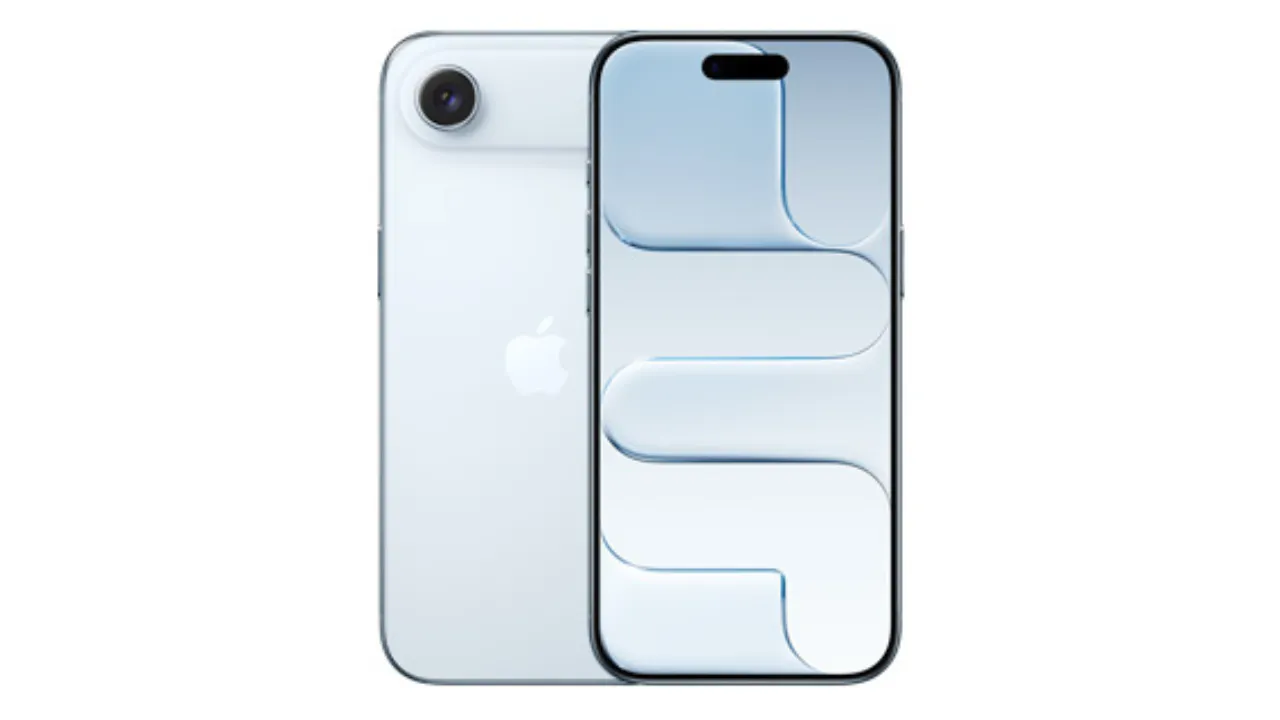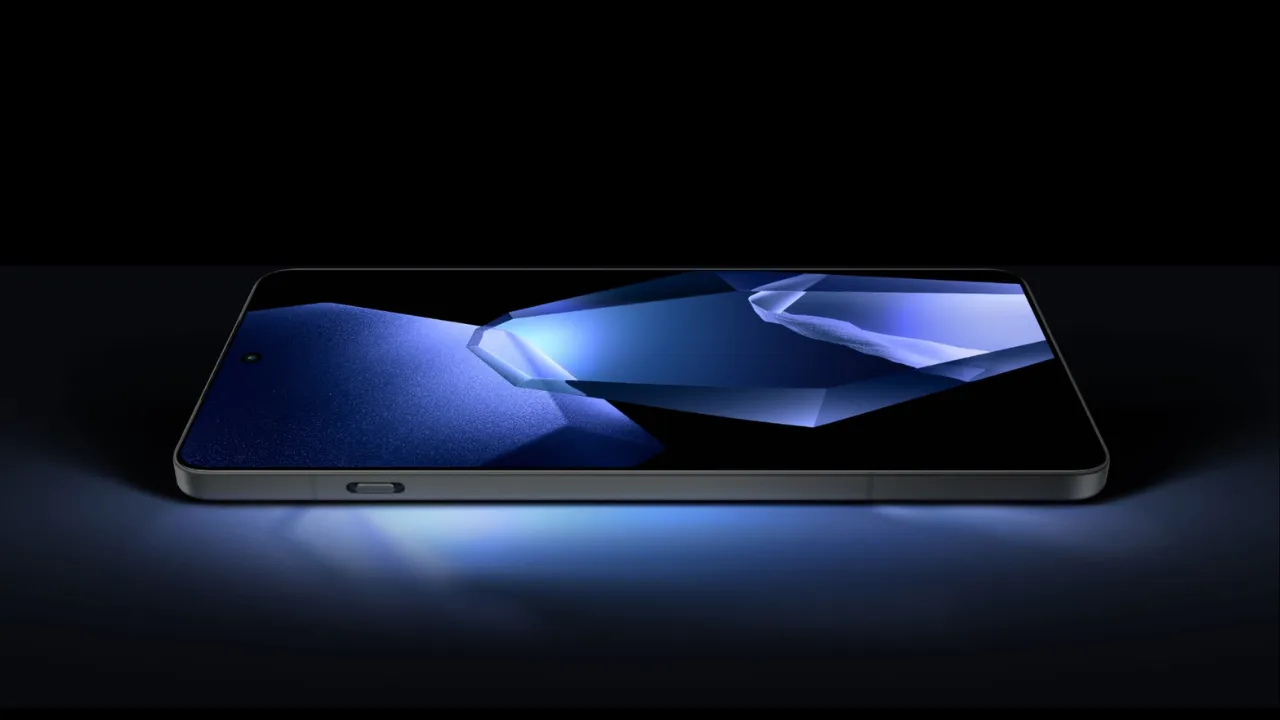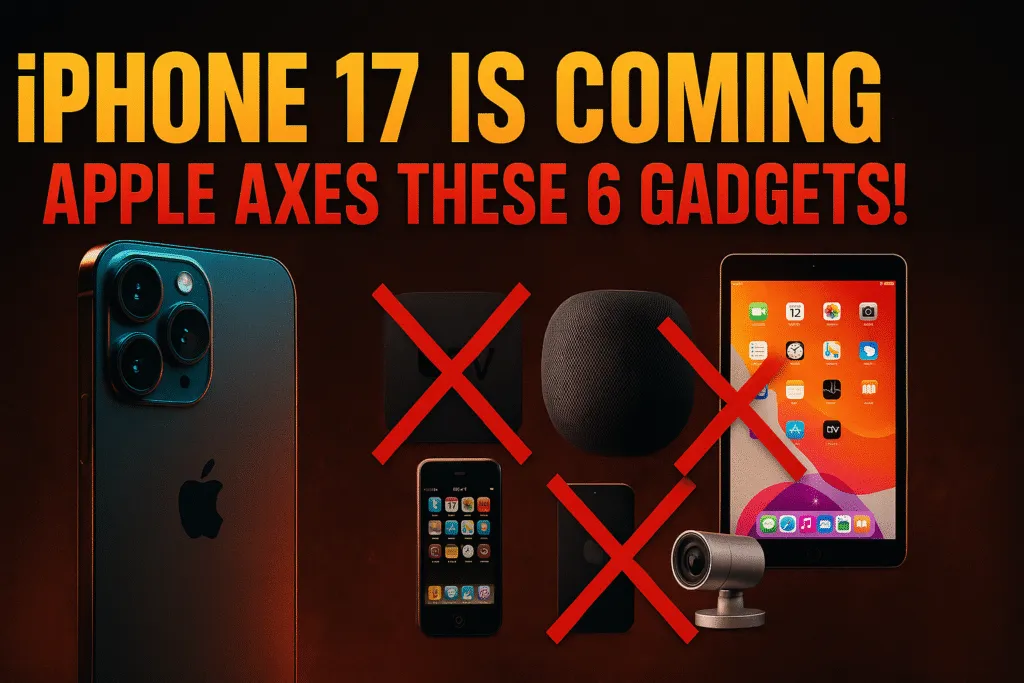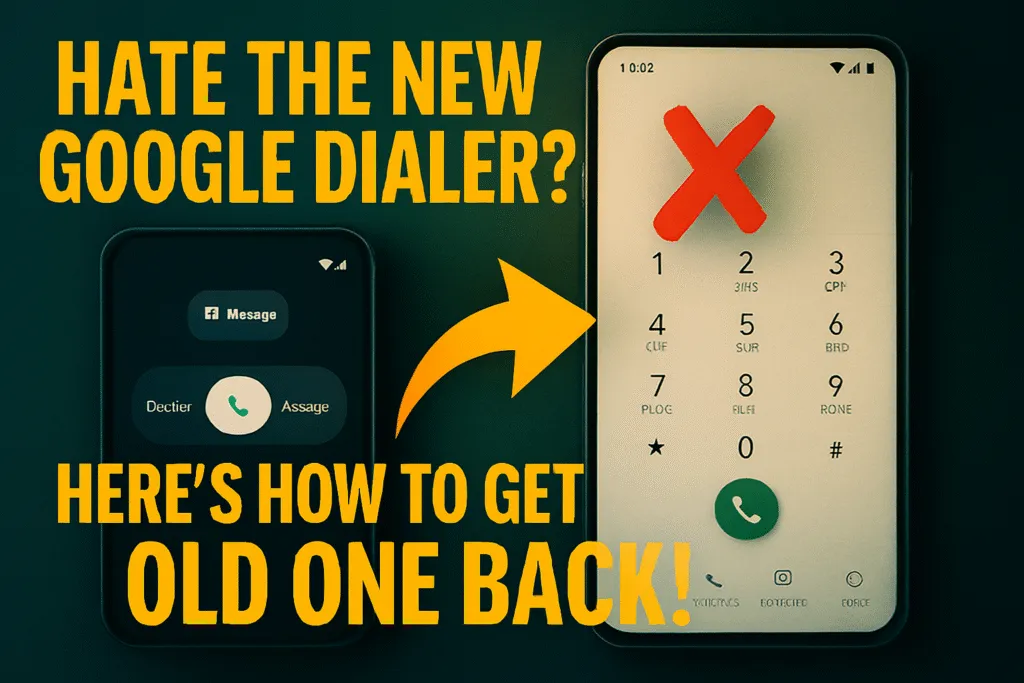Introduction
In today’s fast-paced digital world, our smartphones have become more than just calling devices. They are our cameras, entertainment hubs, wallets, and even personal assistants. But despite relying on them daily, many users hesitate when a notification pops up asking them to update your smartphone. Some worry it will slow down the device, others think it will take too much storage, while a few simply ignore it out of habit.
The truth is, those updates are not just random software tweaks. They are carefully designed to keep your phone running smoothly, securely, and in sync with modern apps and technologies. When you update your smartphone, you’re not only getting new features or design changes, but you’re also protecting your personal information from hackers and fixing hidden bugs that may affect performance.
Skipping updates might not seem like a big deal at first, but over time it can make your device vulnerable, outdated, and less enjoyable to use. Imagine trying to install your favorite app only to find out it doesn’t support your old system, or dealing with a phone that drains battery faster than ever. All of these issues often come down to one simple habit: refusing to update your smartphone.
As technology evolves, regular updates ensure that your device stays compatible, efficient, and safe. Think of it like maintaining a car — without servicing, it will still run for some time, but problems will eventually pile up. The same applies to your phone. If you want your device to perform well and last longer, updating is no longer optional; it’s essential.
Security Risks
One of the biggest dangers of ignoring updates is the security risk. Every smartphone runs on software, and like any technology, it is never 100% safe. Hackers are always looking for new ways to break into systems, steal personal data, or spread malware. When companies release an update, they usually fix these weaknesses. If you don’t update your smartphone, those weaknesses stay open, making your device an easy target.
Think about all the personal information stored on your phone—banking apps, emails, private photos, social media accounts, and even saved passwords. Without the latest security patches, this sensitive data can be exposed to cyberattacks. Something as simple as connecting to public Wi-Fi can become risky because hackers often use outdated systems to sneak in.
Another issue is spyware and ransomware. Cybercriminals often target phones that haven’t been updated because they are easier to exploit. Once infected, your phone might start showing unwanted ads, slowing down, or worse, locking your files and demanding payment to restore them. These threats are not just theoretical—they happen every day, and most victims are people who delay updates.
By choosing to update your smartphone regularly, you close these security holes before criminals can use them. Updates may not always bring flashy new features, but behind the scenes, they are building stronger walls around your data. Just like you would lock the doors of your house at night, keeping your phone’s software up to date is your way of locking digital doors against intruders.
In short, security risks are the number one reason why updates should never be ignored. It takes only a few minutes to install, but it can save you from the stress and loss caused by cybercrime.
App Problems
Another major issue that comes with ignoring updates is app problems. Most apps are designed to work with the latest version of your phone’s operating system. When you don’t update your smartphone, you’ll notice that some apps start crashing, freezing, or refusing to open altogether. Developers usually test and optimize their apps for updated software, so an outdated system simply can’t keep up.
Popular apps like WhatsApp, Instagram, or banking apps often require the latest updates to function properly. If your phone is running on old software, you might not be able to use new features, and in some cases, the app may stop working completely. This becomes frustrating because the apps you rely on every day suddenly feel broken or outdated.
Compatibility issues are also a big problem. For example, an app update may include improvements in speed, design, or even safety, but those changes only work if your phone’s system is up to date. Without updating, you’ll be stuck with glitches, longer loading times, and limited features. Over time, this can make your entire smartphone experience frustrating instead of smooth.
Even worse, some apps may completely cut off support for older versions of operating systems. That means you won’t even get updates from the app itself until you update your smartphone. This is especially common with financial apps, video streaming services, and online shopping platforms where security and compatibility are very important.
So, if you want your apps to run smoothly and enjoy all the latest features they offer, it’s necessary to keep your phone updated. By simply choosing to update your smartphone, you ensure that your apps stay reliable, secure, and enjoyable to use.
Slow Performance
One of the most common complaints from people who never update their phone is slow performance. Over time, your smartphone may start to lag, freeze, or respond late to even the simplest tasks. Many users think it’s because the device is getting old, but in reality, outdated software is often the real culprit. When you update your smartphone, the system receives important fixes and optimizations that keep it running smoothly.
Without updates, your phone struggles to handle new apps, games, or even websites. The processor and memory are forced to work harder with outdated code, which results in delays and frequent app crashes. Something as basic as opening the camera or switching between apps can become frustratingly slow.
Another reason performance suffers is because older versions of software are not designed to handle the growing demands of modern apps. Developers assume that most users keep their devices updated, so they stop optimizing their apps for outdated systems. If you don’t update your smartphone, you’ll be stuck with software that isn’t built to match the apps you use daily.
Sometimes, performance issues show up as random bugs—like the keyboard not responding, the screen freezing, or notifications arriving late. Updates usually fix these small but annoying problems. Skipping them means you’ll continue to deal with the same glitches over and over.
Think of it like a car that needs regular servicing. If you ignore maintenance, the car still runs but not as smoothly, and eventually, it breaks down. The same applies to your phone. To keep it fast and efficient, you need to update your smartphone on time. This simple step ensures that your device stays quick, reliable, and enjoyable to use every day.
Battery & Heating Issues
Another big problem that comes from skipping updates is poor battery life and heating issues. You might have noticed your phone draining faster than usual or becoming hot even with light use. This often happens because outdated software is not optimized to manage energy or handle the demands of modern apps. When you update your smartphone, it usually comes with performance improvements that make the system use power more efficiently.
Apps and background processes are constantly evolving. An older version of your phone’s operating system may struggle to manage them properly. As a result, apps consume more energy than necessary, causing your battery to run out quickly. Without updates, you also miss out on battery-saving features that developers introduce to improve the overall user experience.
Heating is another side effect. When your phone has to work harder with outdated software, the processor and battery get stressed. This extra pressure generates heat, especially when multitasking, gaming, or streaming videos. In some cases, overheating can even damage internal components or shorten the overall lifespan of your device.
By choosing to update your smartphone regularly, you reduce these risks. Updates often include patches that optimize battery usage, fix overheating bugs, and improve how apps interact with your device. Even if your phone is a few years old, updates can make a noticeable difference in daily performance and battery stability.
So if you find yourself charging your phone multiple times a day or worrying about it heating up too much, the solution might be simpler than you think. Just update your smartphone, and you’ll likely see improvements in both battery life and temperature control, making your device safer and more reliable.
Missing Features
One of the biggest downsides of skipping updates is missing out on exciting new features. Every update brings more than just bug fixes and security patches; it often includes upgrades that make your phone more useful and enjoyable. When you don’t update your smartphone, you’re basically locking yourself out of these improvements.
For example, camera quality often gets better with software updates. Even if your phone’s hardware stays the same, updates can improve low-light photography, add new shooting modes, or make videos smoother. If you skip updates, you’ll never experience these enhancements, even though your device is capable of them.
The same applies to customization options, emojis, or user interface improvements. Developers are constantly adding features to make smartphones more fun and easier to use. Without updates, your phone’s interface can feel outdated, while others enjoy the latest designs and smart tools.
Another area where updates matter is performance-based features like battery-saving modes, app management tools, or AI-powered assistants. These features are designed to make your daily use more convenient. By refusing to update your smartphone, you miss these benefits and stick with older, less efficient options.
Even security-related features, like advanced privacy controls or app permissions, are added through updates. Without them, you’re not only behind on trends but also putting your personal data at risk.
In short, updates don’t just fix problems; they also unlock new experiences. From better cameras and fresh emojis to smarter settings and stronger privacy, updates are how your device stays modern. So, if you want to get the most out of your phone, don’t hold back—update your smartphone and enjoy everything it has to offer.
Device Compatibility Issues
In today’s world, our phones are not just standalone devices. They connect with smartwatches, wireless earbuds, fitness trackers, smart TVs, and even cars. But if you don’t update your smartphone, you may face serious compatibility issues with these gadgets. Most new devices are designed to work smoothly with the latest software, and outdated phones often struggle to keep up.
For example, if you buy a new smartwatch, it may require the latest version of your phone’s operating system to pair correctly. Without updating, the watch might not sync your health data, show notifications, or allow you to use advanced features. The same goes for wireless earbuds—some functions like noise cancellation, quick pairing, or touch controls may not work properly if your system is outdated.
Compatibility problems are not limited to accessories. Even basic connections like Bluetooth, Wi-Fi, and hotspot features can suffer if your phone is running old software. New wireless standards are introduced regularly, and without updates, your phone won’t be able to support them. This could lead to weak connections, frequent disconnections, or limited speed when transferring files or streaming content.
Another issue is smart home devices. Whether it’s smart bulbs, speakers, or security cameras, most of them require apps that depend on updated software. If you don’t update your smartphone, you may not be able to set them up or use their full features.
In short, updates are not just about your phone—they keep your entire digital ecosystem running smoothly. If you want your devices to stay connected and work without problems, it’s essential to update your smartphone regularly. Skipping updates may save time today, but it creates bigger headaches when your gadgets stop working as expected.
Low Resale Value
If you ever plan to sell or exchange your old phone, skipping updates can seriously hurt its resale value. Buyers today are smarter than ever. They don’t just look at the brand or physical condition of a device; they also check whether the software is up to date. If you never update your smartphone, it will be seen as outdated and less secure, which automatically reduces its market demand.
For example, when someone buys a used phone, they want to install their favorite apps, use banking services, and connect it with the latest gadgets. But if the phone’s software is too old, many apps won’t work properly, and the device may not even support newer features. This makes buyers lose interest quickly or offer a much lower price.
Another issue is trust. A phone that hasn’t been updated may feel risky to a new user because of possible security flaws. No one wants to buy a device that could expose their data to hackers. On the other hand, when you regularly update your smartphone, it shows that the phone has been maintained well, making it more attractive in the resale market.
Even trade-in programs from smartphone companies give better value to devices running on updated software. They often reject phones with outdated systems because they know those devices will not meet modern standards.
So, if you want the best return on your old device, keep it updated. By simply taking a few minutes to update your smartphone regularly, you not only enjoy smoother performance while using it but also secure a higher resale value when it’s time to upgrade.
When Skipping Updates Is Okay
While updates are important for security and performance, there are a few situations where skipping them temporarily might be okay. Not every update is urgent, and sometimes waiting a little before installing can actually be smarter. For example, when a brand-new update is released, it may come with bugs or stability issues. In such cases, many users prefer to wait for the next patch before updating. This way, you avoid early glitches while still keeping your phone safe once the fixes arrive.
Another scenario is when your phone storage is very low. Updates can take up significant space, and if your device is already struggling with storage, installing a big update might slow things down. In this case, you can delay the update until you free up some space. However, this should only be a short-term solution, not a permanent excuse.
Some users also rely on older apps or custom software that may not work properly with the newest system. If you are using such tools, you might hold back updates until you are sure they will remain compatible. But keep in mind, this approach is more common among advanced users who understand the risks.
That said, skipping updates should never mean ignoring them completely. Security patches, in particular, are essential. Even if you delay a feature update for a while, always make sure to update your smartphone when a security update is released. These updates protect your personal data and prevent cyber threats.
In short, waiting a little before updating is fine in some cases, but avoiding updates altogether is risky. The best habit is to keep your device as updated as possible while balancing stability, storage, and compatibility.
Conclusion
Your smartphone is more than just a device for calls and messages. It stores personal data, connects you with the world, and supports countless daily tasks. That’s why keeping it updated is not a luxury but a necessity. When you update your smartphone, you are not just installing new features—you are also protecting your data, improving performance, and ensuring that your apps and devices work smoothly.
Ignoring updates may save you a few minutes today, but over time it creates bigger problems. From weak security and app crashes to fast battery drain and overheating, the risks only pile up. You also miss out on new features and better compatibility with modern gadgets. Even the resale value of your phone drops if you avoid updates.
On the other hand, making updates a regular habit keeps your phone safe, reliable, and enjoyable to use. Think of it as simple maintenance, just like servicing a car. Without it, problems build up, but with timely updates, your phone remains efficient for years.
Of course, not every update needs to be installed instantly. Sometimes it’s wise to wait a little, especially if a new update has bugs. But security patches should never be ignored. These small but critical updates act as shields that protect your phone from hackers and malware.
In the end, updating is about balance and responsibility. If you want your smartphone to last longer, perform better, and stay secure, the answer is simple: update your smartphone regularly. It’s one of the easiest habits that can save you money, time, and frustration in the long run.
Also Read: TikTok Comeback? Govt’s Denial Sparks Meme Storm.
FAQs
1. Is it really necessary to update your smartphone?
Yes, it is necessary. When you update your smartphone, you get the latest security patches, bug fixes, and performance improvements. This keeps your device safe, smooth, and reliable.
2. What happens if I never update my smartphone?
If you don’t update your smartphone, it can become slow, insecure, and incompatible with newer apps or devices. You also miss out on new features and risk your personal data being exposed to hackers.
3. Do updates make a phone slower?
Not usually. Updates are designed to improve performance, but on very old phones, large updates can sometimes cause lag. Still, updates are important for security, so skipping them is not recommended.
4. Can I skip small updates and only install big ones?
You can delay minor updates if needed, but never skip security updates. The safest habit is to update your smartphone regularly so you don’t miss important fixes.
5. Do updates improve battery life?
Yes, in many cases. Updates often include optimizations that help apps use less power. If you update your smartphone on time, you may notice better battery performance and less overheating.
6. Will I lose my data if I update my smartphone?
No, updates do not delete your data. However, it’s always a good idea to back up your files before installing major updates, just to be safe.
7. How often should I update my smartphone?
You should install updates as soon as they are available, especially security patches. Regularly updating ensures your phone stays protected and works smoothly with the latest apps and devices.
